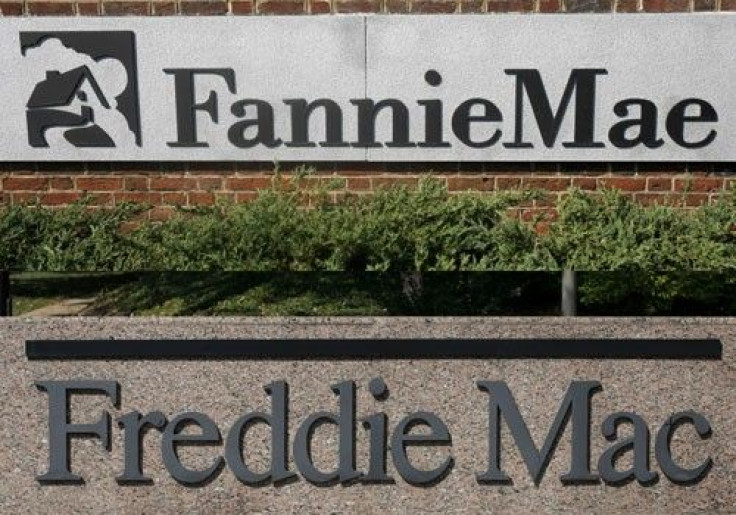Loan Limits at Fannie Mae, Freddie Mac to Rise This Month: Analyst

FBR Capital Markets believes the amendment to re-raise the loan limits at Fannie Mae and Freddie Mac in high-cost areas will be in the final bill and be enacted into law later this month.
On Oct. 20, the Senate passed an amendment on a vote of 60–39 that would re-raise the loan limits at Fannie Mae and Freddie Mac in high-cost areas from $625,500 to $729,750 through 2013.
The loan limits had been reduced on Oct. 1. There will be a fee charged by the government-sponsored enterprises (GSE) of 15 basis points for loans made between $625,500 and $729,750.
"We believe this amendment will be in the final bill and be enacted into law later this month. The Senate passed the bill that contained this amendment earlier this week, setting up a House-Senate conference that will produce a final bill," said Edward Mills, an analyst at FBR Capital Markets.
This House-Senate conference must produce a final conference report in the next two weeks and the conference report will have an up or down vote in the House and Senate.
The House will not have an opportunity to independently vote on the loan limit provision and the main opponents from the House will not be members of the conference committee.
"We fully expect some of the House conferees to push for this provision to be removed, but we anticipate that the Senate will stand firm and prevail. Beyond the Senate support for this provision, the housing and mortgage finance lobby is largely pushing for this amendment's inclusion in the final bill," said Mills.
Mills said this is most positive for homebuilders from a sentiment perspective. The homebuilders are in D.C., strongly pushing for this provision as they want to ensure continued financing opportunities for homeowners who will be purchasing newly constructed homes.
Standard Pacific, one of the higher-end builders in Mills's coverage universe, recently stated that 8 percent of its closings in the third quarter of 2011 were above the current loan limit. Presumably, this percentage was higher in the previous quarter as originators likely reigned in availability well before the higher loan limit expired.
Even if this provision were to be stripped from the final bill, it still is a signal that government support for housing will remain for a significantly long period of time and the $625,500 loan limit is not in danger of being lowered any time soon, said Mills.
"On the other hand, this is a negative for thrifts that are in direct competition with Fannie Mae and Freddie Mac for mortgage origination. The immediate impact would be for thrifts, such as Astoria Financial and Hudson City, which originate in the jumbo loan space and 30-year fixed-loan space and are in direct competition with the GSEs. We do not anticipate that this will have a material impact for originators that originate to sell to Fannie and Freddie," said Mills.
Mills cautioned that legislative and regulatory agendas are subject to change at the discretion of leadership or as dictated by events.
© Copyright IBTimes 2024. All rights reserved.











